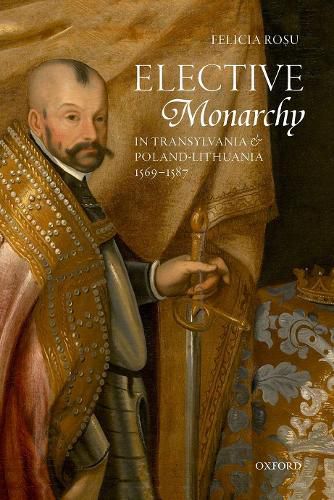Readings Newsletter
Become a Readings Member to make your shopping experience even easier.
Sign in or sign up for free!
You’re not far away from qualifying for FREE standard shipping within Australia
You’ve qualified for FREE standard shipping within Australia
The cart is loading…






In the early modern period, the nearest precursor of the modern presidential suffrage were the elections for king that were held in the Polish-Lithuanian Commonwealth-literally named a ‘republic’ by its contemporaries. The only other place in Europe with similar succession rules was Transylvania, where rulers were also elected by the estates. These experiments in large-scale suffrage were noisy, uncertain, and hazardous affairs that threatened public stability and were highly susceptible to inner divisions and outside influence. Regardless of the dangers involved, the Transylvanian and Polish-Lithuanian estates insisted on their right to ‘free elections’, which they perceived as one of their fundamental liberties. In both countries, the elective system was reformed and radicalized in the 1570s. This book examines these institutional and constitutional transformations through the prism of three elections that took place in this period.
$9.00 standard shipping within Australia
FREE standard shipping within Australia for orders over $100.00
Express & International shipping calculated at checkout
In the early modern period, the nearest precursor of the modern presidential suffrage were the elections for king that were held in the Polish-Lithuanian Commonwealth-literally named a ‘republic’ by its contemporaries. The only other place in Europe with similar succession rules was Transylvania, where rulers were also elected by the estates. These experiments in large-scale suffrage were noisy, uncertain, and hazardous affairs that threatened public stability and were highly susceptible to inner divisions and outside influence. Regardless of the dangers involved, the Transylvanian and Polish-Lithuanian estates insisted on their right to ‘free elections’, which they perceived as one of their fundamental liberties. In both countries, the elective system was reformed and radicalized in the 1570s. This book examines these institutional and constitutional transformations through the prism of three elections that took place in this period.